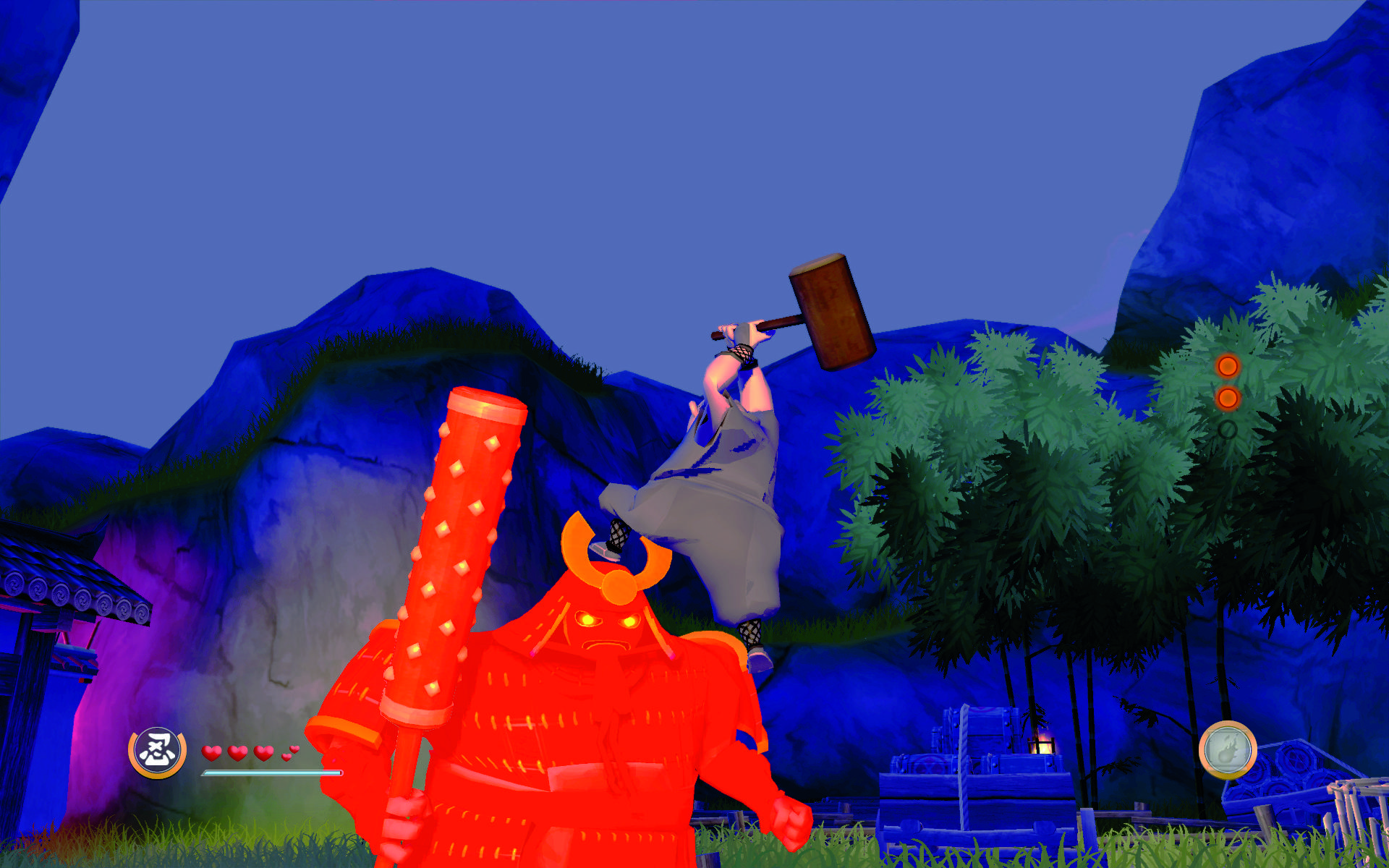12DOVE Verdict
Pros
- +
Pretty cartoon world
- +
Nice mini-activities
- +
Charming style
Cons
- -
All ninjas basically the same
- -
Combat is random button mashing
- -
Boss fights are miserable quick-time events
Why you can trust 12DOVE
IO Interactive’s Hitman series has come to define the soullessly violent videogame. IO Interactive’s Mini Ninjas will come to define games in which you can use your hat as a boat. It’s as innocent as IO’s amoral murder simulator isn’t. You’re a tiny ninja. You can turn into a slightly larger ninja, a flute-playing ninja, an archer ninja, a feral ninja or a ninja with a pointy stick. You explore a pretty cartoon world, beating up samurai, but even the beating up is contextualised as an act of kindness: the samurai are really just forest animals under an evil spell, and killing them reverses it. It’s good.

As a fighting game, it’s less good. Only one of the six ninjas is especially different; the rest strike with a rubbery ‘bing!’ noise that suggests pinball more than combat. Swinging randomly is a nigh-infallible strategy, too. The eternal problem with fighting games is that you can’t fight with finesse unless you always hit who you mean to. Since no one’s come up with a perfect targeting system – certainly not Mini Ninjas – combat has to be kept easy to save you from wrestling with the controls.
Happily, the fighting is punctuated by exploring, flower-picking, rowing, fishing, platforming and stealth. None of these events are endlessly entertaining in themselves, but there are lots of them, they provide a welcome break from the fray, and they all embody Mini Ninja’s strongest weapon: a ruthless multi-vector charm offensive.
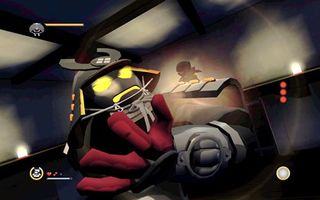
It’s an indecently cute game. Even the enemy samurai are cuddly: their signature rictus-of-horror masks become sad-face emoticons under Mini Ninjas’ playful art direction. There’s a spell that lets you become any forest animal to evade detection, which is endearing in itself, but when you start playing with each critter’s ‘special move,’ it’s hard not to melt. Some, like the Panda’s heavy sit-down, stun or scare enemies. The racoon’s, which is to stand up and dance, does not.
The non-violent activities in Mini Ninjas are enjoyable because they bring you closer to the land. Its game world is a happy dream of Japan: soft shades, blotches of blossoms and simmering sunsets. Being able to pluck its flora, possess its fauna, and hatboat its waters is an honestly wonderful experience.
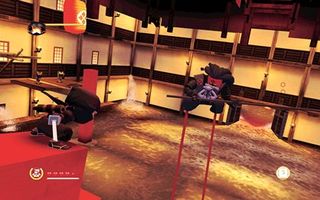
Every now and then, the elements of Mini Ninjas combine in a way that evokes a more thoughtful game. At one point in a well-guarded palace, we sniped a distant guard as the archer ninja. He turned into a fox, naturally, and scampered toward us. As the magic ninja, we possessed the fox, turned him around and scampered back to the other guards. Once we got close, we chose the flute ninja and played a merry tune to hypnotise everyone, then used the feral ninja to cut them all up in a flurry of blades.
If the characters available were distinct enough that ploys like this were worthwhile, Mini Ninjas would be a great game. Unfortunately, there was no real need for most of those tactics: we could just as easily have approached them in plain sight and beaten them all to death – sorry, life – with a flute. Or simpler still, blown them all up with a rocket arrow that costs the same resources as the fancy flute-hypnosis.
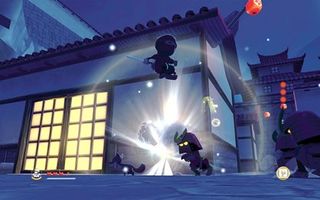
If Mini Ninjas had co-op, too, it would be a great game – it seems an ideal choice to play with your kids. If the combat was more gratifying, if animal possession was better used, if the boss fights weren’t miserable quick-time events... Instead, it’s merely a good game.
Sep 10, 2009
More info
| Genre | Action |
| Description | If the combat was more gratifying, if animal possession was better used, if the boss fights weren’t miserable quick-time events... Instead, it’s merely a good game. |
| Platform | "Xbox 360","PS3","PC","Wii","DS" |
| US censor rating | "Everyone 10+","Everyone 10+","Everyone 10+","Everyone 10+","Everyone 10+" |
| UK censor rating | "7+","7+","7+","7+","7+" |
| Release date | 1 January 1970 (US), 1 January 1970 (UK) |
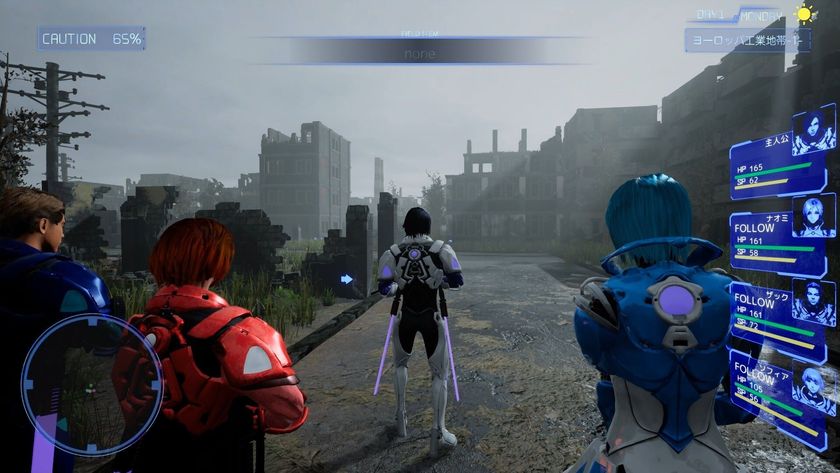
Persona and Metaphor: ReFantazio composer's new JRPG gets a Steam Next Fest demo, and it's basically a turn-based Metal Gear Solid
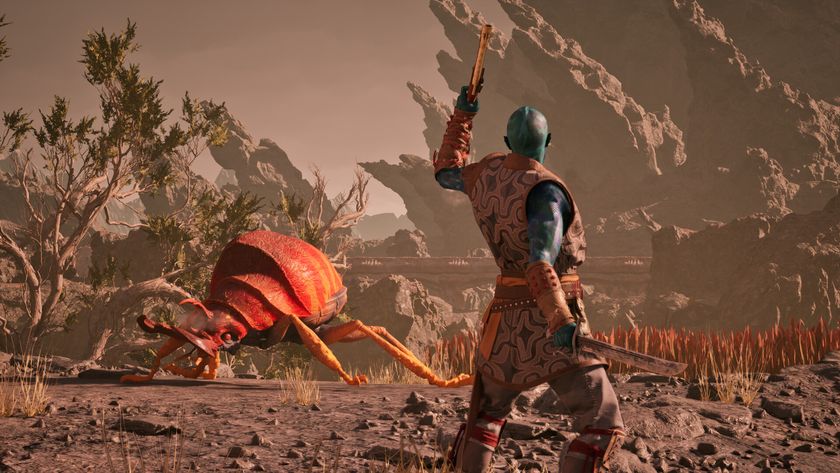
Avowed is nothing like Bethesda's RPGs, but The Elder Scrolls 6 should take inspiration from its combat

Doom: The Dark Ages developers go back to the OG 1993 FPS for inspiration: "Every time you look at it, you learn something new"
Most Popular





